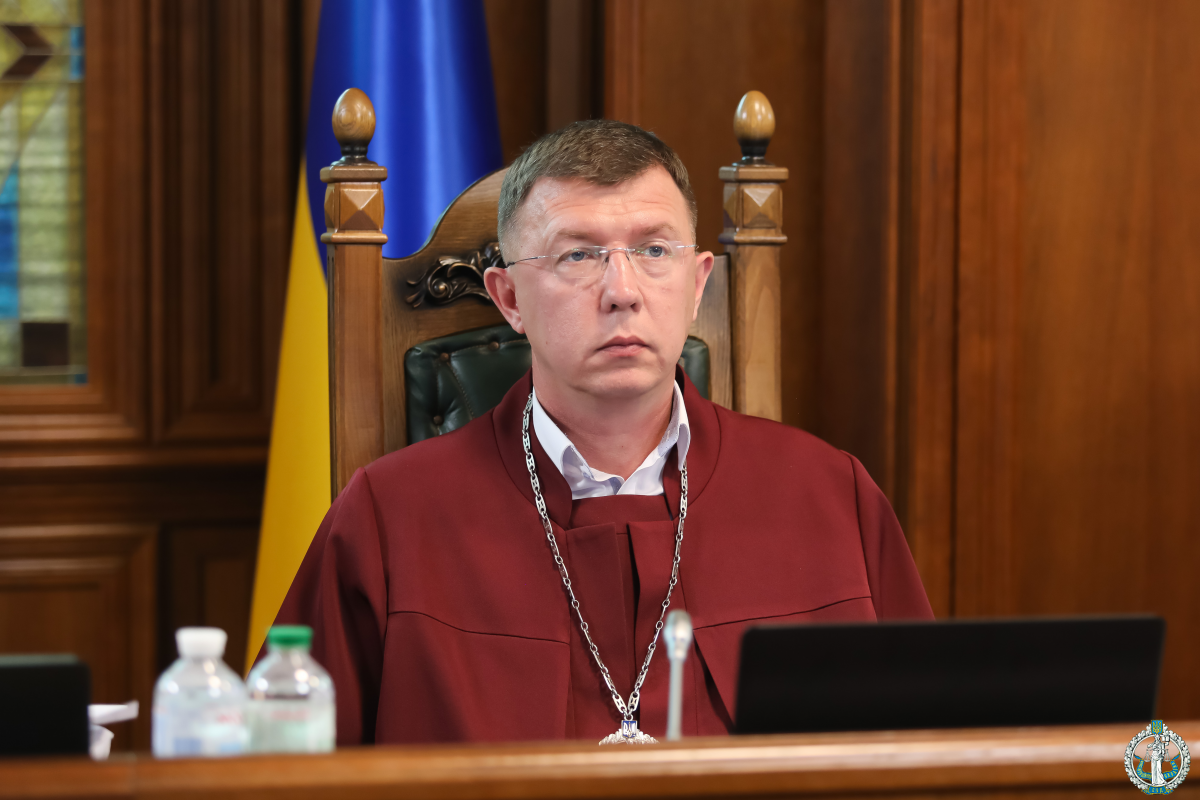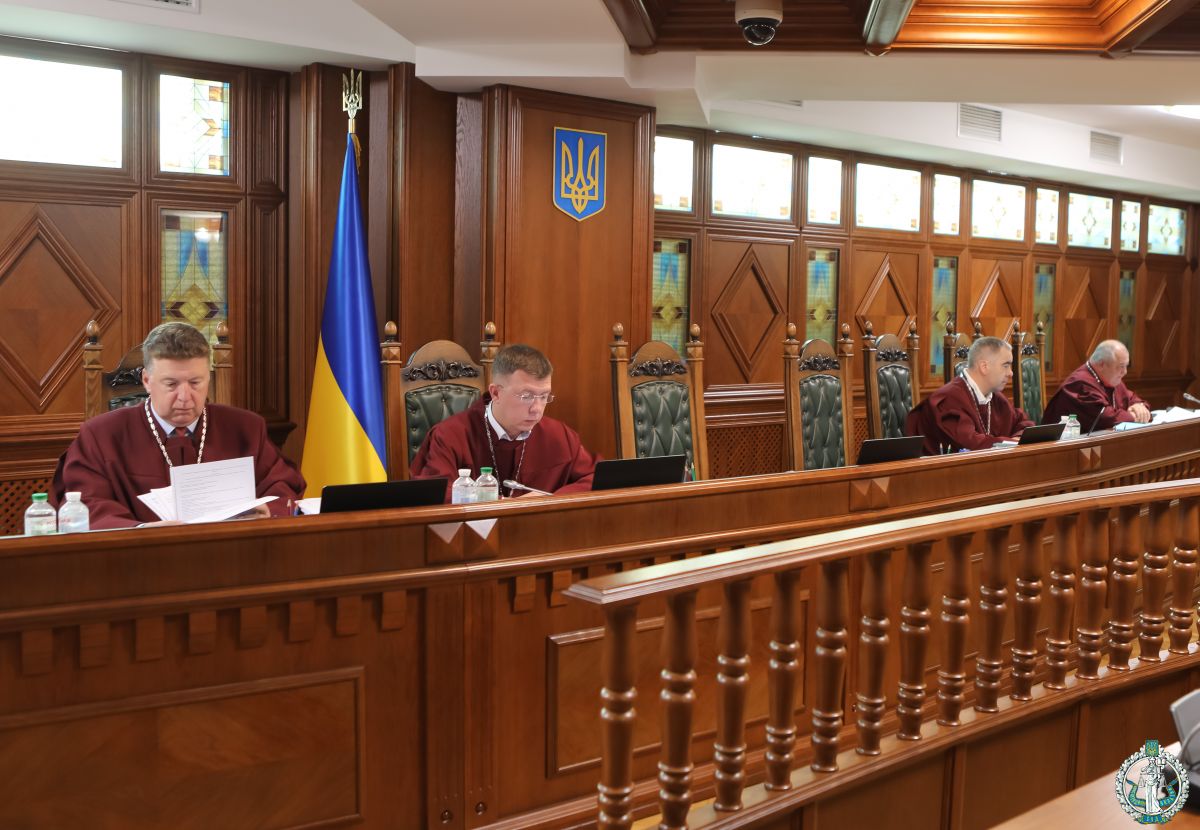On Wednesday, 11 September 2024, the Second Senate, at the public part of the plenary session, deliberated the case in the form of written proceedings upon the constitutional complaint of Ihor Pershko regarding the constitutionality of paragraph 3 of Section II “Final and Transitional Provisions” of the Law of Ukraine “On Amendments to Certain Legislative Acts of Ukraine” No. 1774-VII dated 6 December 2016 (hereinafter “Law No. 1774”).
Paragraph 3 of Section II “Final and Transitional Provisions” of Law No. 1774 provides for the following: “To establish that after the entry into force of this Law, the minimum wage shall not be applied as a calculation value for determining the salaries and wages of employees and other payments, except for the calculation of the annual amount of funding for the statutory activities of political parties.
Until amendments are introduced to the laws of Ukraine regarding the non-application of the minimum wage as a calculation value, it shall be applied in the amount of the subsistence minimum for able-bodied persons established as of 1 January of the calendar year, starting from 1 January 2017.”
The subject of the right to a constitutional complaint believes that the disputed provision is inconsistent with Articles 1, 3, 6.2, 8.2, 16, 19.2, 21, 22, 24.1, 24.2, 41.1, 41.4, 46.1, 46.3, 50.1 of the Constitution of Ukraine.
During the plenary session, the judge-rapporteur in the case, Serhiy Riznyk, outlined the content of the constitutional complaint and the applicant's arguments.
According to the judge-rapporteur, Ihor Pershko is a pensioner who does not work, resides in a settlement classified as a zone of radioactive contamination as a result of the Chornobyl disaster, and has the status of a person affected by the Chornobyl disaster.
The subject of the constitutional complaint filed a claim with the Zhytomyr District Administrative Court against the Main Department of the Pension Fund of Ukraine in Zhytomyr region (hereinafter, “the Department”), in which he requested to declare the inaction of the Department unlawful and to oblige the Department to accrue and pay him a pension increase as a pensioner who does not work and lives in the territory of radioactive contamination, in the amount specified in Article 39 of the Law of Ukraine “On the Status and Social Protection of Citizens Affected by the Chornobyl Disaster”.
The Zhytomyr District Administrative Court, in a decision upheld by the Seventh Administrative Court of Appeal, partially satisfied the claims: it declared the inaction of the Department in failing to accrue and pay Ihor Pershko a pension increase unlawful and ordered the Department to accrue and pay a pension increase in accordance with Article 39 of Law No. 796 in the amount of two subsistence minimums for able-bodied persons.
The panel of judges of the Administrative Court of Cassation of the Supreme Court dismissed Ihor Pershko's cassation appeal and upheld the court decisions of the first instance and appellate courts.
The author of the complaint argues that as a result of the application of paragraph 3 of Section II “Final and Transitional Provisions” of Law No. 1774, “the state has actually reduced the guaranteed amount of the state pension provided for in Article 39 of Law No. 796 by more than two and a half times, which is a violation of property rights”.
The subject of the constitutional complaint states that “one of the main social guarantees of the State is proper pension provision and social support for the living standards of the population of Ukraine affected by the Chornobyl Disaster”, and “the supplement (increase) to the pension established by Article 39 of Law No. 796 is actually a component of the pension and, accordingly, a social guarantee of the State, which is protected, among other things, at the level of the Fundamental Law”.
The Second Senate examined the materials of this case in the public part of the plenary session and proceeded to the in-camera part of the plenary session.
The public part of the plenary session is available on the Court's official website in the section “Archive of video broadcasts of sessions”.




